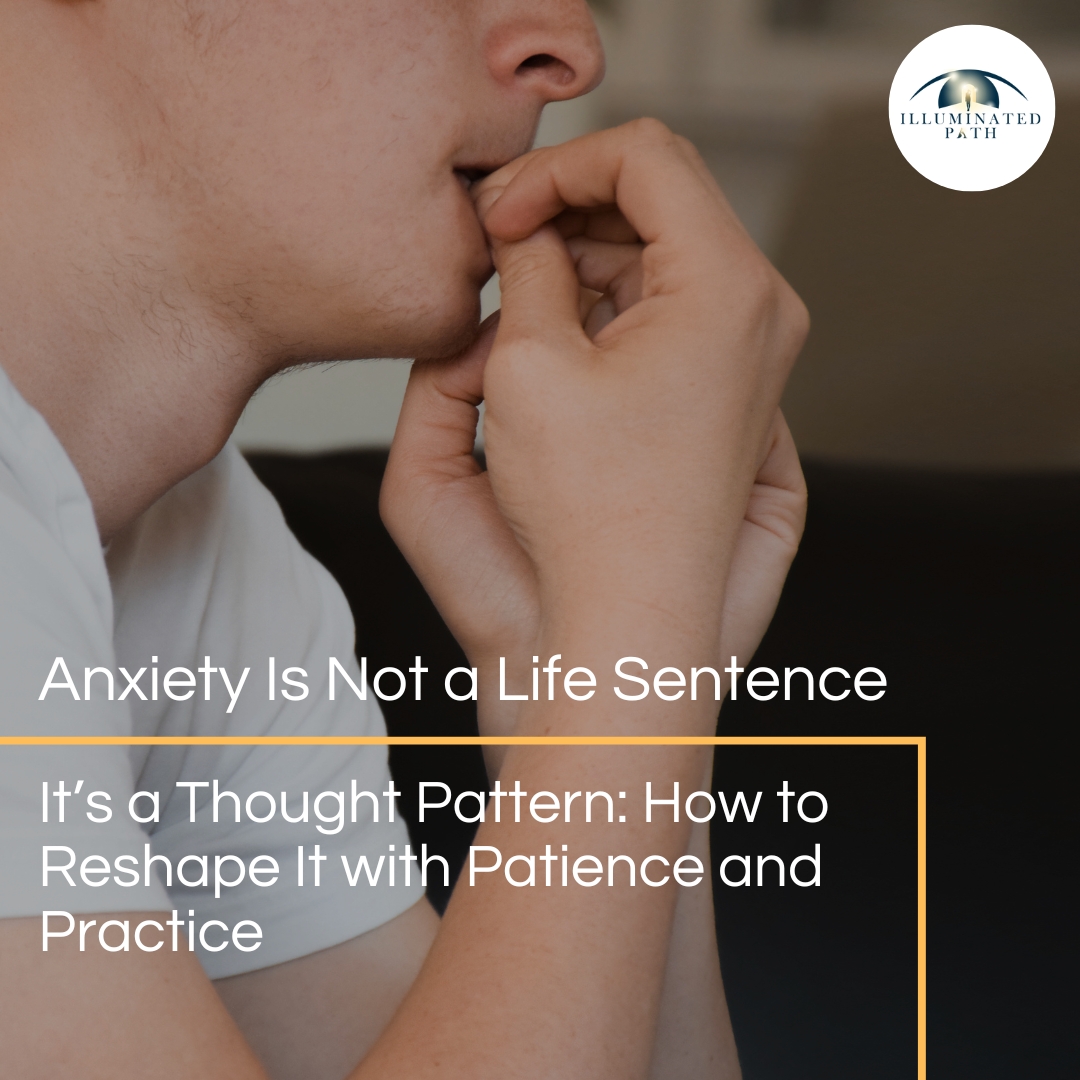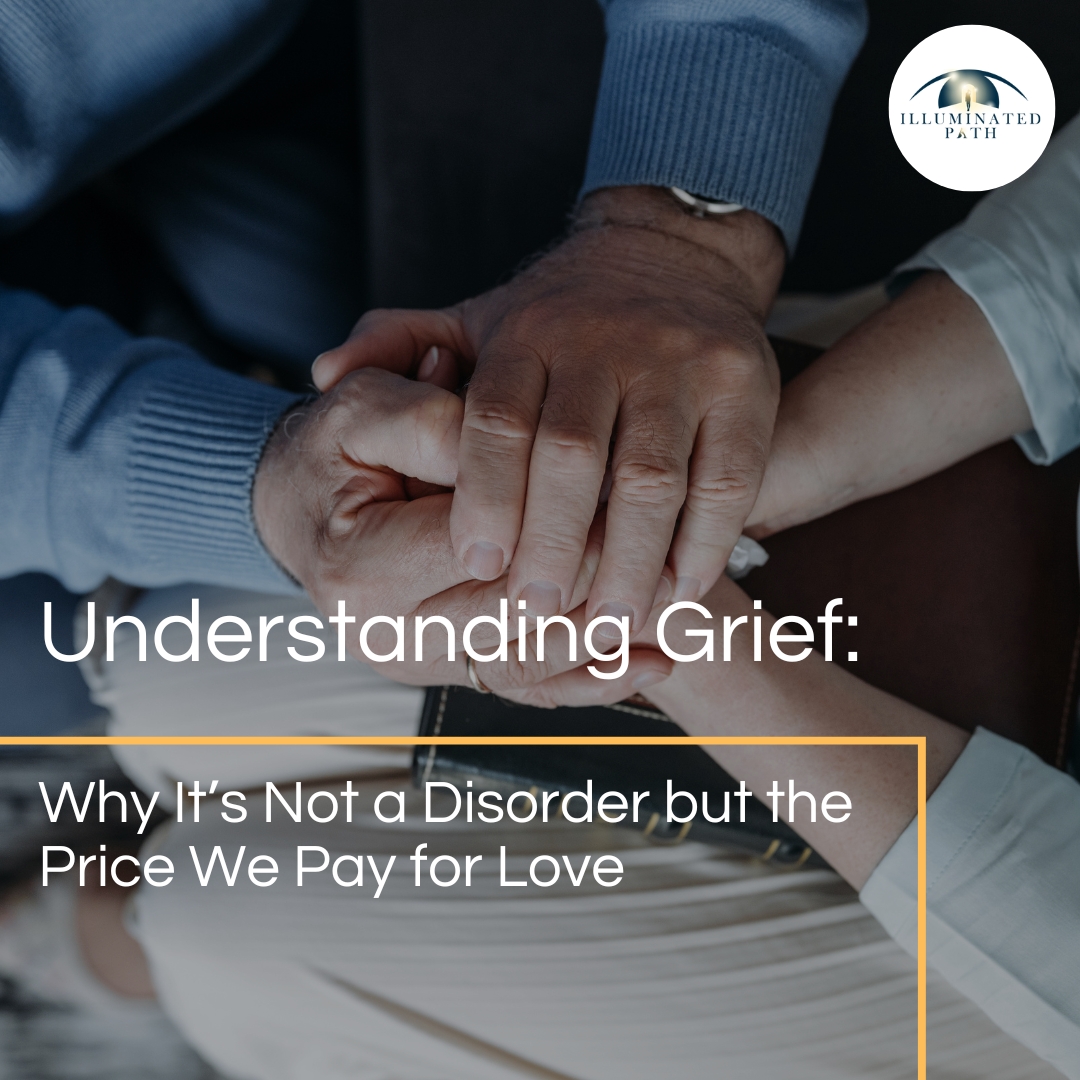
Stress is the modern epidemic. It creeps into our lives through demanding work schedules, family obligations, financial pressures, and the constant digital noise that never lets us fully unplug. Yet, even though stress may feel like it’s taking over, you already possess the most powerful tool to fight it: your brain.
The human brain is not just affected by stress — it’s also uniquely equipped to manage, heal from, and even grow stronger through it. With the right strategies and support, your brain can become your most valuable ally in reducing stress and living a more balanced, fulfilled life.
Let’s dive into how stress works, how your brain responds, and what you can do — starting today — to take control.
Understanding What Stress Really Does to You
At its core, stress is your body’s way of responding to any kind of demand or threat. When you perceive danger — whether it’s a looming deadline or an actual physical threat — your nervous system springs into action. Your heart races, your muscles tense, your senses become sharper, and your brain gets flooded with cortisol and adrenaline.
In short bursts, this response is helpful. It can boost your focus, sharpen your reflexes, and help you power through tough moments. But when stress becomes chronic — meaning it sticks around long after the threat is gone — it starts to wear down your mental and physical health.
Long-term stress can shrink the hippocampus (the part of your brain responsible for memory and learning), increase the size and sensitivity of the amygdala (which processes fear and emotions), and reduce functioning in the prefrontal cortex (your brain’s control center for decision-making and rational thinking).
That’s why chronic stress can leave you feeling foggy, irritable, and emotionally reactive — not to mention physically exhausted.
The Brain’s Secret Superpower: Neuroplasticity
Here’s the good news: your brain is incredibly adaptable. It’s wired for change. This process, called neuroplasticity, allows your brain to form new connections, strengthen healthy pathways, and even repair damage caused by stress over time.
You’ve probably experienced this without realizing it — maybe you learned to stay calm under pressure after years in a high-stakes job, or you noticed how much easier it became to meditate or practice deep breathing the more you stuck with it. That’s your brain reprogramming itself.
Even better? You don’t need to overhaul your life overnight. Small, consistent shifts in how you think and behave can trigger powerful transformations in how your brain handles stress.
Training Your Brain to Think Differently About Stress
Thoughts play a massive role in how we experience stress. The same situation can feel overwhelming or manageable depending on how we interpret it. This is where cognitive strategies come into play — particularly those used in Cognitive Behavioral Therapy (CBT).
CBT helps you recognize negative thinking patterns and replace them with more helpful, realistic ones. For instance, if your first reaction to a mistake is “I’m such a failure,” CBT would guide you to challenge that thought: Is that true? Is there another way to see this? What would I say to a friend in this situation?
Over time, this practice of re-framing becomes second nature. You stop catastrophizing and start responding from a calmer, more grounded place.
Another powerful mental tool is mindfulness — the practice of bringing your full attention to the present moment. Instead of spiraling into “what if” scenarios about the future, mindfulness helps you anchor into what’s happening right now. Studies show that just a few minutes a day of mindfulness meditation can lower cortisol levels, improve emotional regulation, and boost focus.
And don’t overlook the value of writing. Journaling helps your brain process experiences, track patterns, and make sense of emotions. It turns the swirling chaos in your head into something tangible you can reflect on and, ultimately, work through.
Daily Habits That Build Stress Resilience
Let’s shift from the brain to your body — because the two are deeply connected. Your physical habits can either fuel stress or help release it.
Exercise is one of the most effective natural stress relievers. You don’t need to run marathons — even a 20-minute walk can calm your nervous system, release endorphins, and improve your mood.
What you eat also matters. Diets high in sugar, caffeine, and processed foods can spike anxiety and drain your energy. On the other hand, brain-boosting foods like leafy greens, berries, nuts, and fish rich in omega-3s can stabilize mood and support cognitive function.
Then there’s sleep — the ultimate reset button. Without enough restorative rest, your brain struggles to regulate emotions, concentrate, and problem-solve. Create a wind-down routine, limit screens before bed, and aim for 7–9 hours of quality sleep each night.
Finally, consider giving your brain some quiet time. We are constantly bombarded by emails, alerts, and social media, which keeps our stress response on high alert. Try unplugging for an hour each day or scheduling regular “digital detox” weekends. Your brain needs space to recharge.
When It’s Time to Ask for Help
You don’t have to handle stress alone. While self-care strategies are incredibly effective, sometimes the weight of stress becomes too much to carry without guidance. That’s when working with a therapist can make all the difference.
Therapy offers a safe, supportive environment to explore the root causes of stress, understand your unique triggers, and develop personalized tools to manage them. Evidence-based approaches like CBT, Mindfulness-Based Stress Reduction (MBSR), and Eye Movement Desensitization and Reprocessing (EMDR) can help rewire the brain’s response to stress and trauma.
Not sure if you need therapy? Ask yourself:
Are you constantly overwhelmed or anxious, no matter what you try?
Is stress interfering with your relationships, work, or health?
Do you feel emotionally numb, exhausted, or on edge most of the time?
If any of that resonates, therapy may be a wise and healing next step.
The key is finding someone who understands what you’re going through and whose approach aligns with your goals. Look for licensed professionals who specialize in stress, anxiety, or trauma, and don’t be afraid to ask questions during an initial consultation. It’s okay to “shop around” until you find the right fit.

The Author
Dr. Shadi Souferian Psy. D.
Licensed Clinical Psychologist
Therapist And Psychologist in Los Angeles And Beverly Hills.





